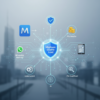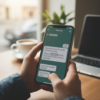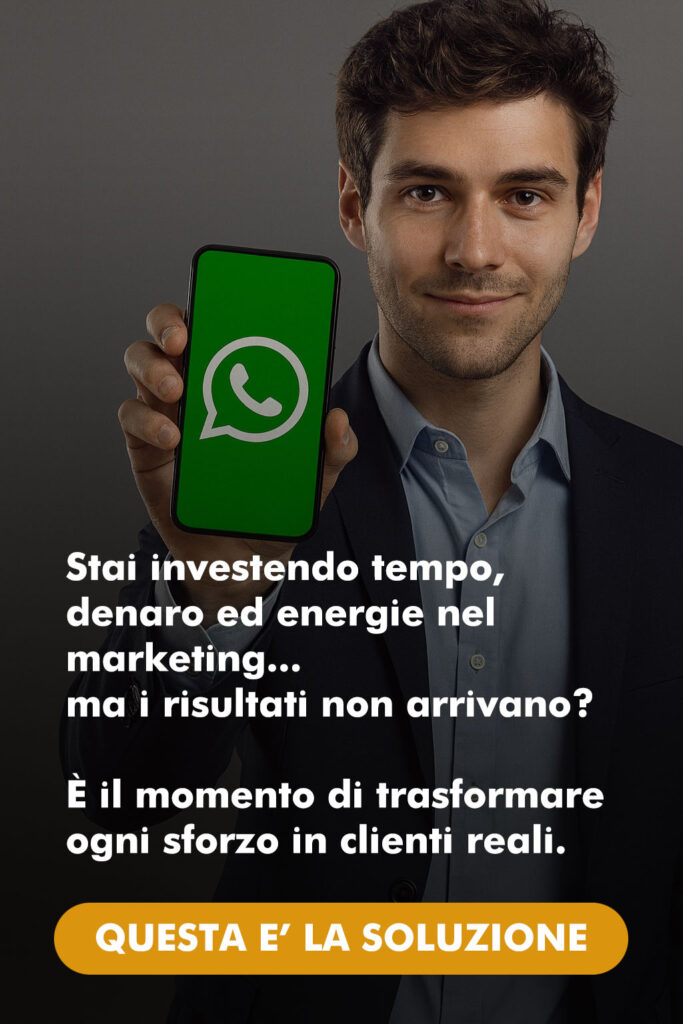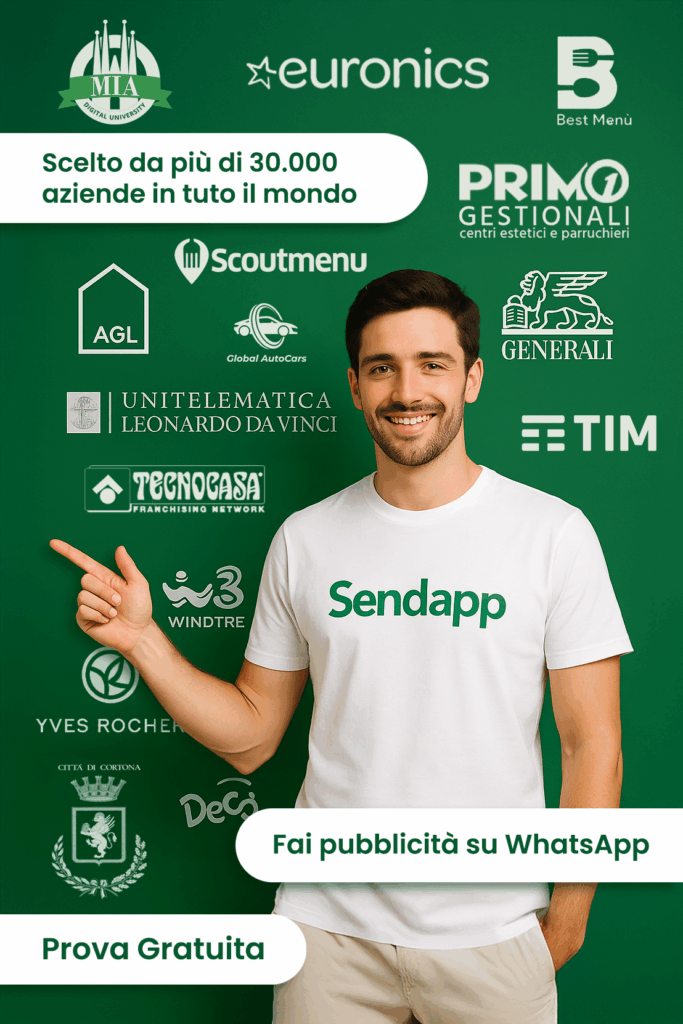Rich communications services, or RCS, are flooding messaging, with early adopters of the side of the brand including the NBA's Sacramento Kings, Virgin Trains in the UK, and French football club Paris St.-Germain.
At the same time, over-the-top (OTT) providers are starting to roll out similar business services. Whatsapp has WhatsApp Business and Apple has Apple Business Chat, for example. In RCS alone, Juniper Research predicts the market will exceed $ 9 billion in value by 2022, so it's not hard to see why OTT vendors are viewing corporate messaging as a reward worth pursuing.
Just like RCS, OTT offerings promise an app-like user experience that is entirely more engaging than what's available via SMS. However, four key differences set them apart.
1. Cover -
Today, OTT suppliers have excellent coverage. WhatsApp, for example, claims 1.5 billion monthly active consumer users. RCS usage in comparison is relatively small, but it is growing rapidly with Google support; Microsoft; Samsung and other OEMs; mobile operators; communication platform providers as a service; and messaging service providers. RCS will be a native feature on all phones and networks that support it, meaning subscribers won't need to download an app.
About 60 mobile operators in 45 countries have adopted the Messaging-as-a-Platform (MaaP) features and universal profiles of GSMA within their networks, so that RCS is enabled. Importantly, MaaP not only creates the foundation for RCS interoperability, but also makes chatbot-based or artificial intelligence (AI) services possible for offers such as personal banking and money transfer in an RCS session.
At the operating system level, Android and Microsoft support RCS. According to the latest IDC data, Android has an 85% market share of the 1.5 billion new smartphones shipped in 2018. Basically, Android OEMs like Samsung, LG and Huawei support RCS, so through the usual two-year renewal cycle. of RCS smartphones will grow significantly as a native feature of nearly all new Android devices, an installed user base of approximately five billion globally.
Notably, Apple has yet to come on board, but it is rumored to be in discussion with Google, the GSMA, etc. Meanwhile, any RCS message sent to an iOS phone is replaced with an SMS message.
2. Personalization:
when interacting with businesses, consumers no longer accept a one-way dialogue, for example by requesting a bank balance by text. Rather, they now expect to be able to interact with businesses, in time of need, on the platform of their choice via a two-way conversation.
The ability to deliver such interaction, in a personalized way, where and on which platform the consumer desires, is increasingly critical to business success.
To give that extra context, in a recent GSMA RCS lab in London, a Google spokesperson predicted that over the next five years, $ 800 billion will move from companies' 85% to the remaining 15% to get the right personalization.
Businesses are responding. Recent research from Adobe shows that European brands are investing in artificial intelligence to deliver more personalized experiences to consumers; The 89% of respondents said they see personalization as a key to success.
RCS and chat apps are designed to cater for personalization directly. These rich new corporate messaging channels, when combined with well-designed customer profiling and artificial intelligence systems, offer brands the opportunity to gain a much more natural way to interact and share rich information with their consumers.
3. Personal data and trust:
consumer trust is essential for the management of any type of online service. Companies such as WhatsApp and Facebook base their business models on monetizing user data, enabling targeted advertising. The same is not true for mobile operators. While they can analyze and aggregate user data to inform marketing decisions, they don't sell it for advertising purposes.
The General Data Protection Regulation in Europe, as well as the patchwork of industry-specific privacy rules in the United States, have increased consumer sensitivity to the use of their personal data, placing transparency and informed consent as key principles in the its use.
And for businesses to be compliant, messaging network traffic and data can't be routed through countries outside of regulatory jurisdiction. Compliance must be examined at every stage of the journey.
4. Prices: direct or indirect? -
Point four is directly related to point three. OTTs take a mixed approach to monetize their services by extracting value from user data and charging companies for use.
WhatsApp's approach is a prime example. Businesses can respond to customer messages free of charge for up to 24 hours, but are charged a flat rate per country and per message for communications sent thereafter. They are also charged when they initiate communications.
RCS, on the other hand, does not extract any values from user data. Like SMS, it is charged by the carrier to the company (often via an aggregator). Unlike SMS, the payload per message is much higher (images, audio, video, etc.). While RCS is relatively new and players are investigating how to charge it fairly, a likely model will involve a per-transaction fee integrated with a per-session fee to support more interactive use cases. With buy-in by everyone in the value chain, there is expected to be between 10% and 15% higher than SMS.
Overall, the real advantage of RCS is that in many ways it is an open standard supported by a complex ecosystem, which is both cooperative and competitive. Ultimately, this will increase the availability of features to consumers and enable businesses to bring the next level of engagement into customer interactions.
It also means that RCS has the same important guarantees as SMS. That is, guaranteed message delivery, secure connection, zero-to-zero latency, regulatory compliance, and more.
With RCS
Messaging experiences can be customized, branded and built using an evolving toolkit of functionality and, in an improvement over SMS, the sender is verified. Chat app providers, on the other hand, operate within a walled garden where the messaging experience looks like the app owner. This might be OK for small businesses who are happy to prioritize function over form, but large businesses are likely to demand the more sophisticated options RCS offers.







